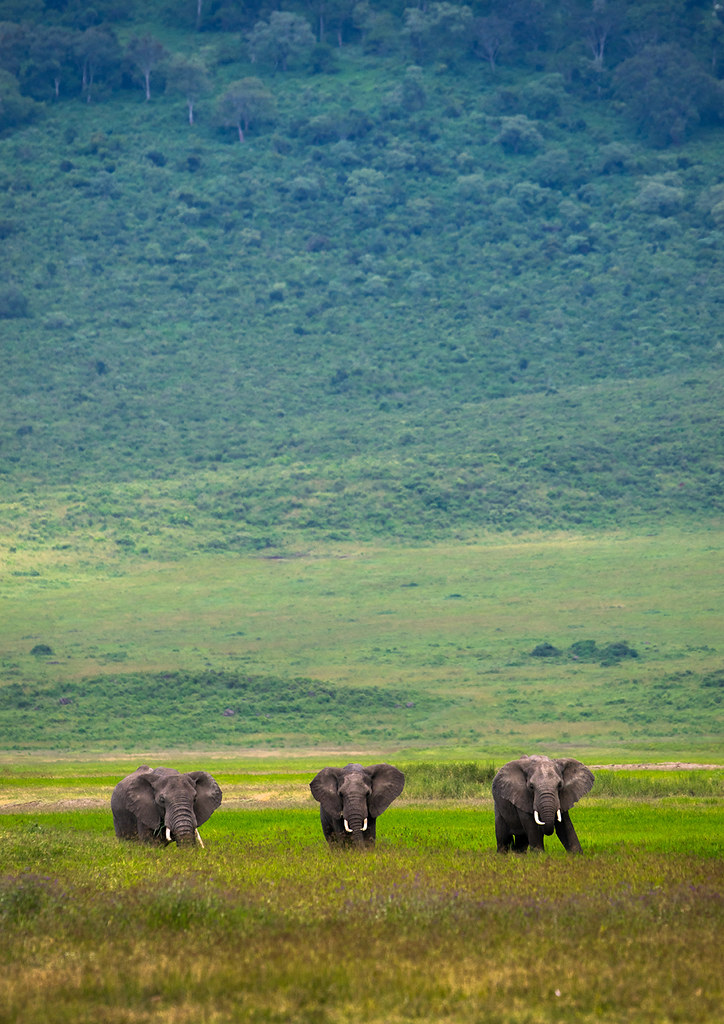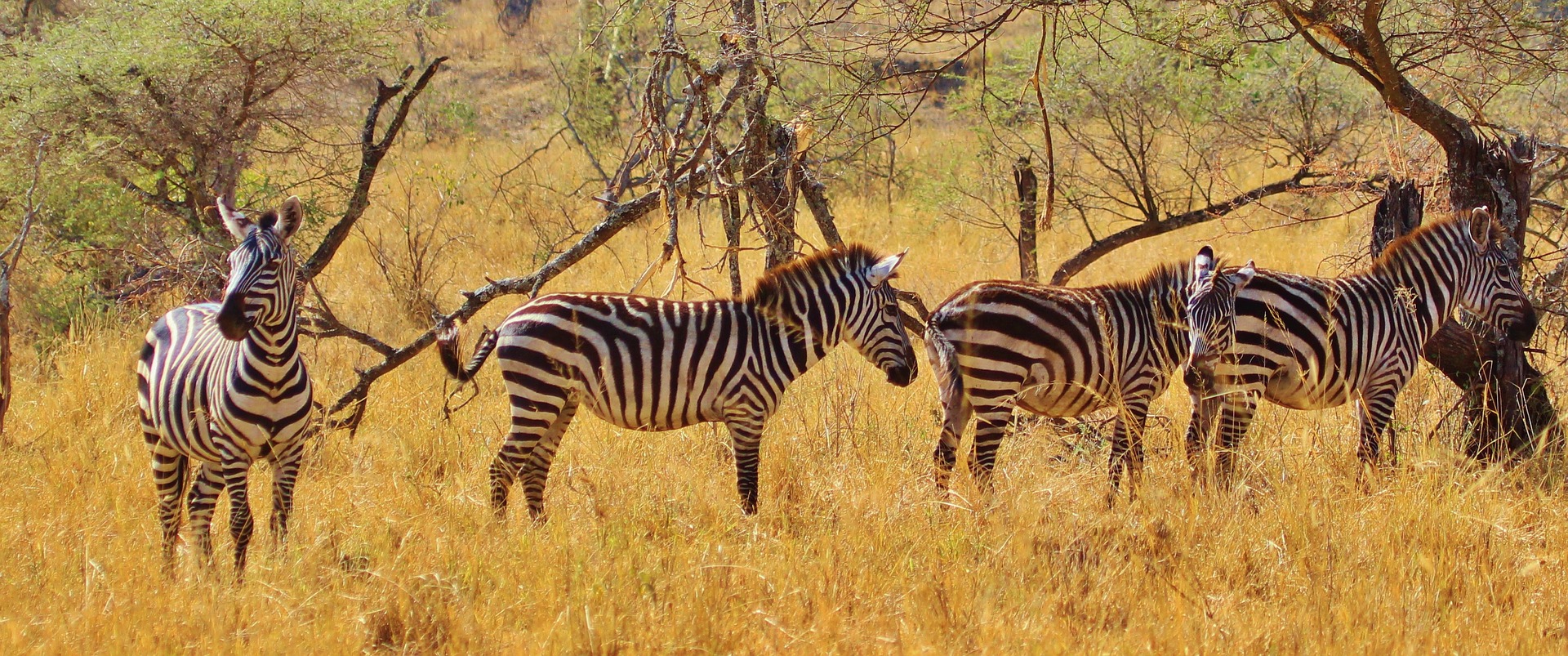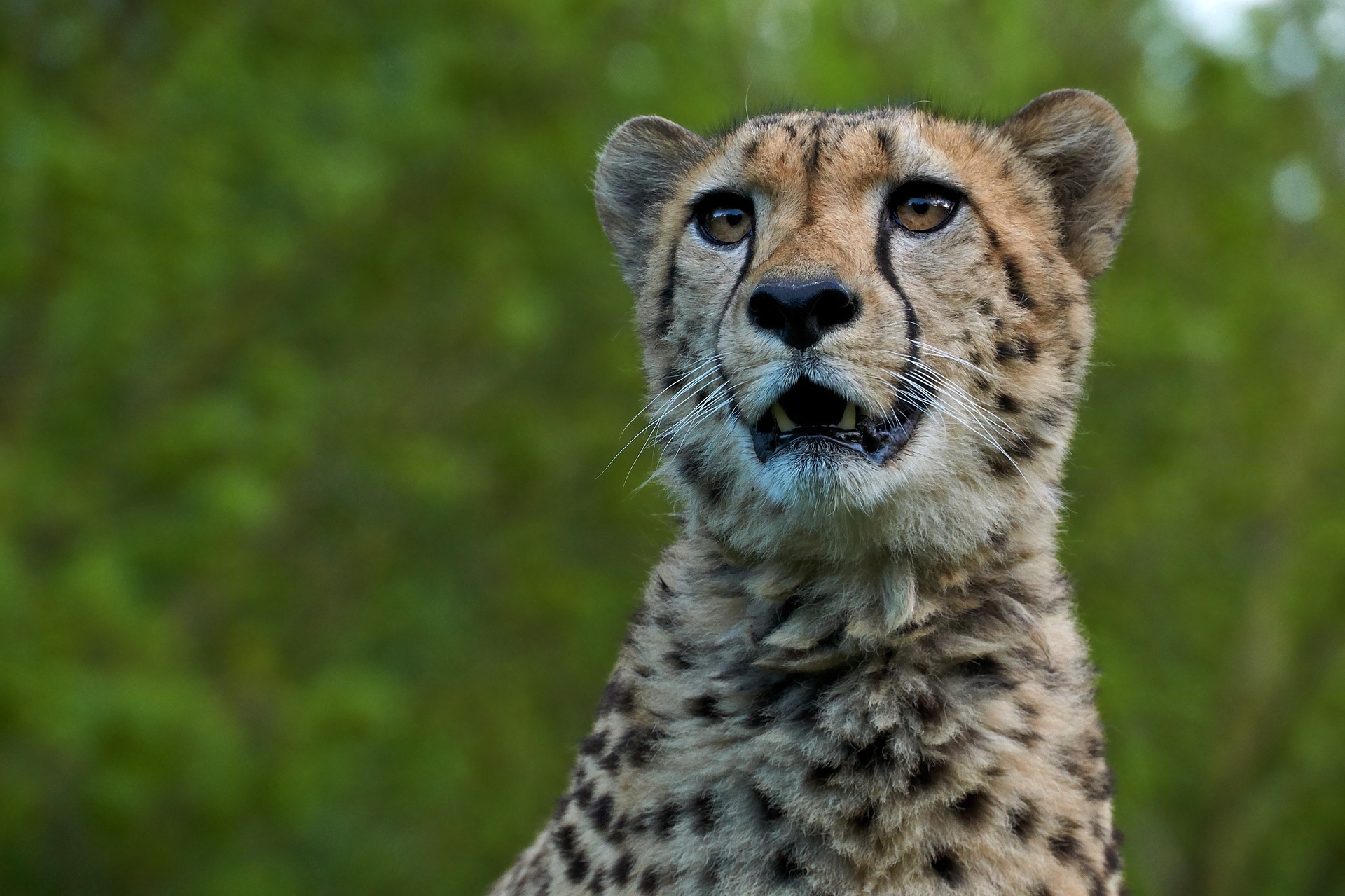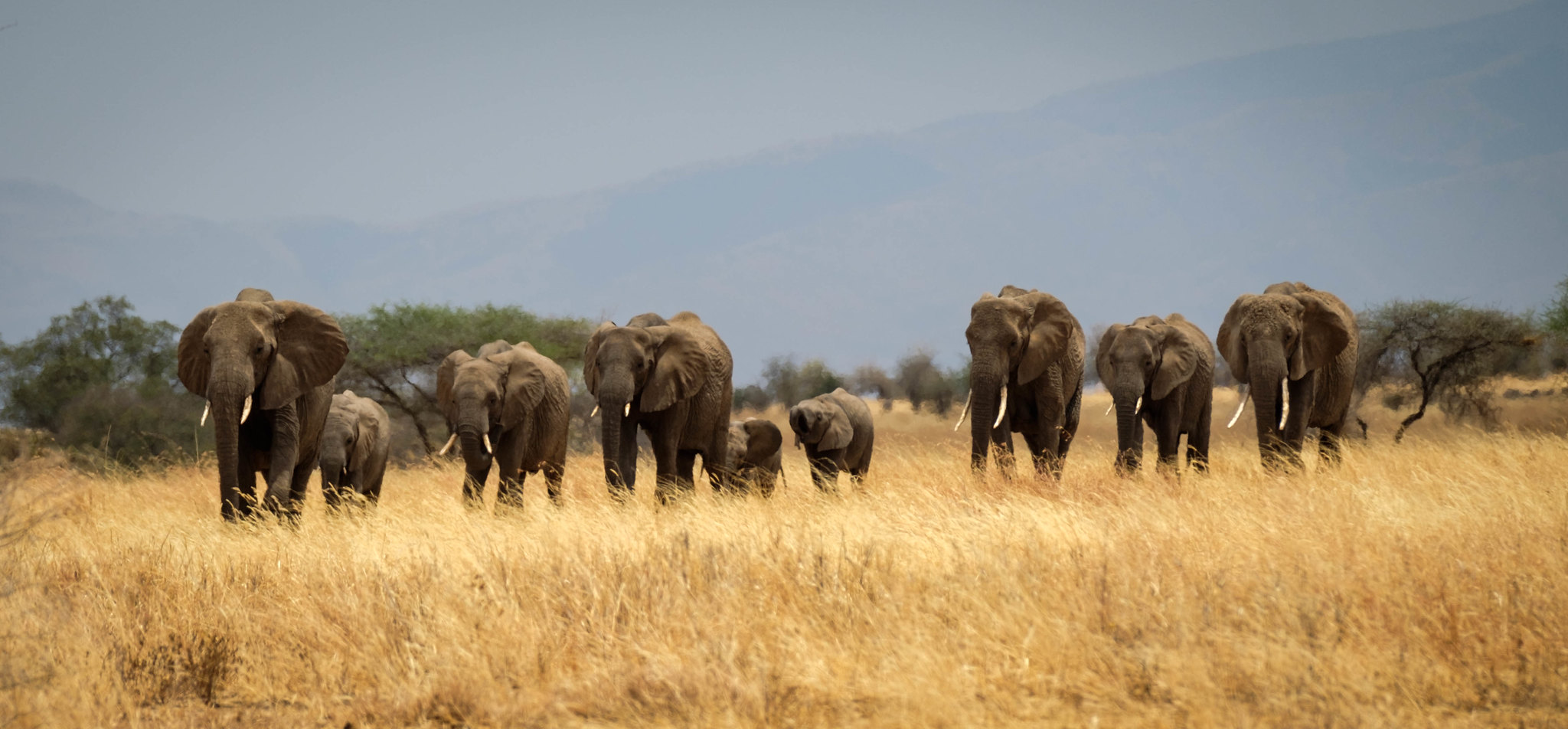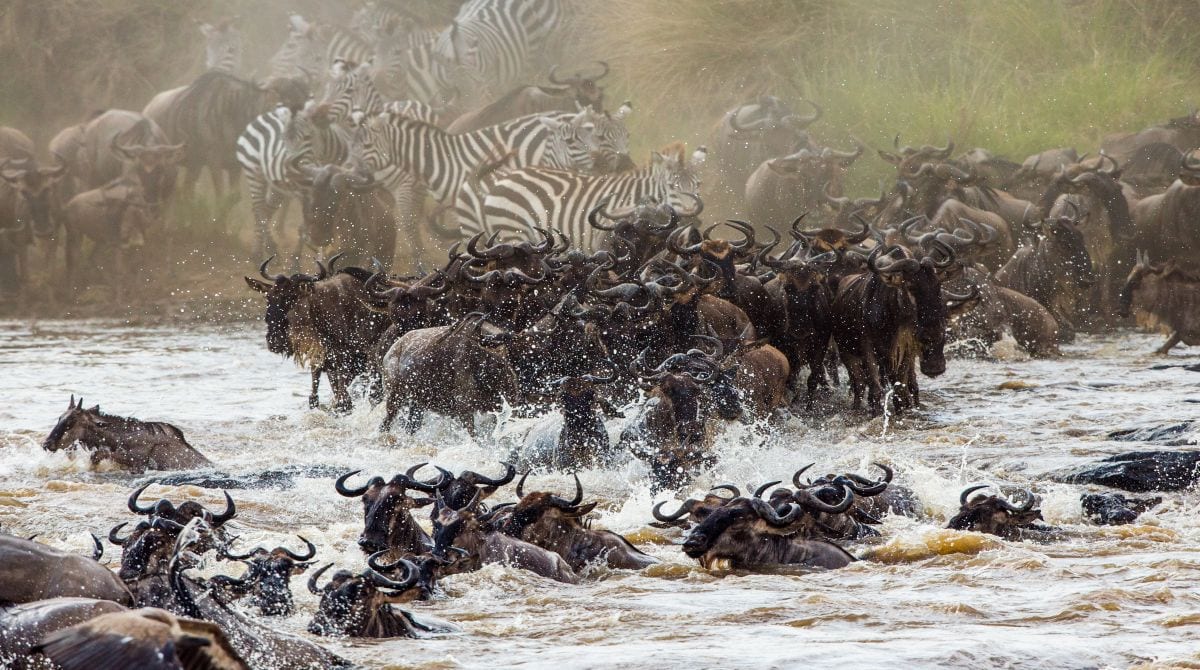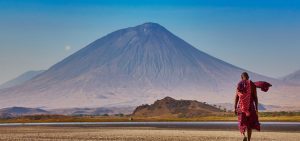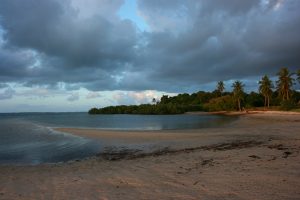Ngorongoro Conservation Area
Ngorongoro Conservation Area
Located between the Serengeti and Lake Manyara, the Ngorongoro Conservation Area is home to the famous volcanic Ngorongoro Crater and is one of Tanzania’s most popular wildlife viewing areas. This huge volcanic crater has a permanent supply of water, which draws thousands of animals who stay in this area rather than migrating.
Visitors come here primarily for viewing large animals and bird watching. Thousands of animals can be seen on the crater floor, including lions, elephants, rhinos, Thomson’s gazelles, and buffaloes, but wildebeests and zebras account for over half of the animals that call the Ngorongoro Crater home.
Bird watching is superb, especially around Lake Migadi, which attracts flocks of flamingoes to the shallows. Hippos are content to submerge themselves during the day and then graze in the nearby grass in the evening.
The Ngorongoro Crater is the largest intact ancient caldera in the world, nearly three million years old. The Ngorongoro volcano was one of the world’s tallest mountains before it exploded and collapsed.
Olduvai Gorge
Also of interest in the conservation area is the Olduvai Gorge. This important archeological site has revealed ancient skull and bone fragments that have delivered critical information about early mankind.
The Olduvai Gorge is an archeological site situated on a series of fault lines, where centuries of erosion have revealed fossils and remnants of early mankind. As early as 1911, a German professor found some fossil bones while looking for butterflies in Olduvai Gorge. In a later expedition, the Leakeys collected skull fragments, a skull, and bones determined to be approximately 2 million years old. Tools and hunting weapons from 1 to 1.5 million years ago were also discovered in Olduvai Gorge.
Another exciting find was the famous footprints of a man, woman and child at Laetoli, near Olduvai. These and other discoveries provide more evidence to the theory that at least three hominid species were in this region over 2 million years ago.
